Austria’s ruling coalition of centre-right party ÖVP and left-leaning Greens announced its plans and projects for 2023 at a press conference in Lower Austria on Wednesday.
The parties have a few months to combat several challenges for the country and themselves, as 2024 is an election year and neither is doing well on voting intention polls.
According to the most recent polls (INSA/eXXpress), the ÖVP, known as the Austrian People’s Party, is only third favourite with voters, with 22 percent (compared to the 37.5 percent of votes it got in 2019). The Greens are even worse: with only 9 percent of voters saying they plan to cast a ballot for them, they are in fifth place.
NATIONALRATSWAHL | Sonntagsfrage INSA/eXXpress
FPÖ: 28% (+2)
SPÖ: 25% (-2)
ÖVP: 22% (+1)
NEOS: 10% (+2)
GRÜNE: 9% (-1)
MFG: 2% (-1)
Sonstige: 4% (-1)Änderungen zur letzten Umfrage vom 10. Dezember 2022
Verlauf: https://t.co/roFKebZlfU#nrw #NRWahl pic.twitter.com/2mWME3s00H
— Österreich Wählt (@Wahlen_AT) January 7, 2023
Many of the reasons for the lack of popularity should be addressed in 2023, with both parties announcing new measures to face the energy crisis, combat corruption and tackle the issue of the labour shortage in Austria.
READ ALSO: Why is support for Austria’s far-right FPÖ rising?
“It’s about doing a good job as a government team, delivering on things you promise,” chancellor Karl Nehammer (ÖVP) said ahead of the announcements.
Here are the main measures, proposals, and plans announced.
Energy crisis
In order to face the energy crisis and make Austria more independent in the sector, several promises were made in an energy packet. They include measures for faster procedures for power plants (the so-called EIA amendment) and an expansion offensive for photovoltaic plants through a new “Renewable Expansion Acceleration Act”. In addition, the authorities said there would be subsidies in the area amounting to €600m in 2023.
READ ALSO: ENERGY: How Austria has drastically reduced imports of Russian gas
The government also wants to increase biogas production in Austria (via the Renewable Gas Act and Biogas Ordinance).
Fighting corruption
Corruption cases have sullied the image of the ÖVP constantly since so-called Ibizagate in 2017, which involved its then junior coalition partners FPÖ, but brought on a series of investigations involving significant names in the People’s party.
Since then, a parliamentary inquiry commission has looked into the ÖVP history and members, with chat leaks, accusations and processes that culminated in the resignation of the former chancellor and once Austrian wunderkind Sebastian Kurz. The party is still in power with Nehammer, but it lost a lot of public support.
BACKGROUND: Austria’s Sebastian Kurz implicated by former ally in corruption scandal
Party leaders now hope to regain some of this public trust – even if they announced the package of anti-corruption laws as being due to the “blue scandals” (referencing the far-right opposition FPÖ party).
Vice-chancellor Wagner Kogler (Greens) said he was proud that the law is now a done deal between the coalition partners: “It’s here and it is irrevocable”, he said, adding that Austria will have one of the “strictest laws in Europe”.
However, long-awaited details of the plan will not be announced until Thursday, January 12th. Then, Justice Minister Alma Zadic (Greens) and Constitutional Minister Karoline Edtstadler (ÖVP) should present the new laws.
Economy and the labour market
Austria’s labour shortage affects all sectors of the economy, including health care and education, as The Local has been reporting. The federal government said it has created a working group to debate measures to deal with the crisis, according to Labour Minister Martin Kocher (ÖVP).
READ ALSO: More pay and longer holidays: How Austria hopes to attract 75,000 new nurses
The government wants to make it more attractive to work in parallel with drawing a pension, increase incentives to remain in employment beyond the statutory retirement age, increase the number and tax-free amount of overtime bonuses and evaluate other existing tax exemptions for wage and salary supplements, the minister said.
“The goal is to make working in old age more attractive,” he added.

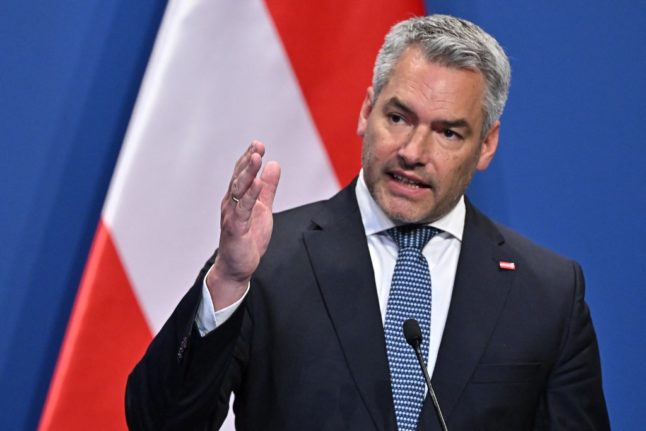
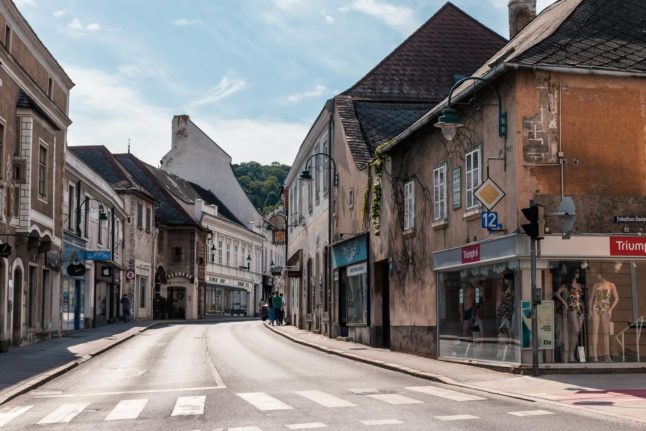
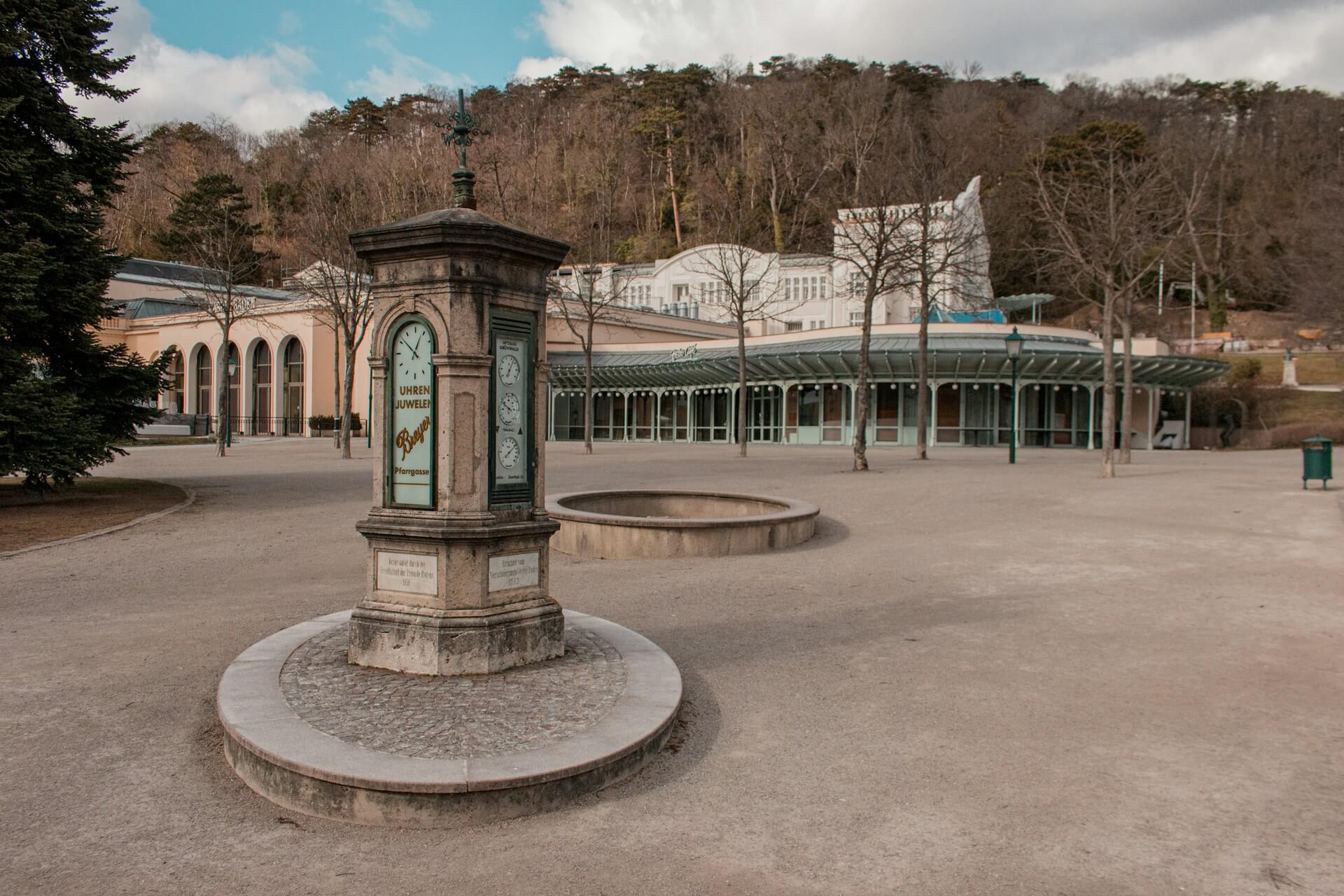
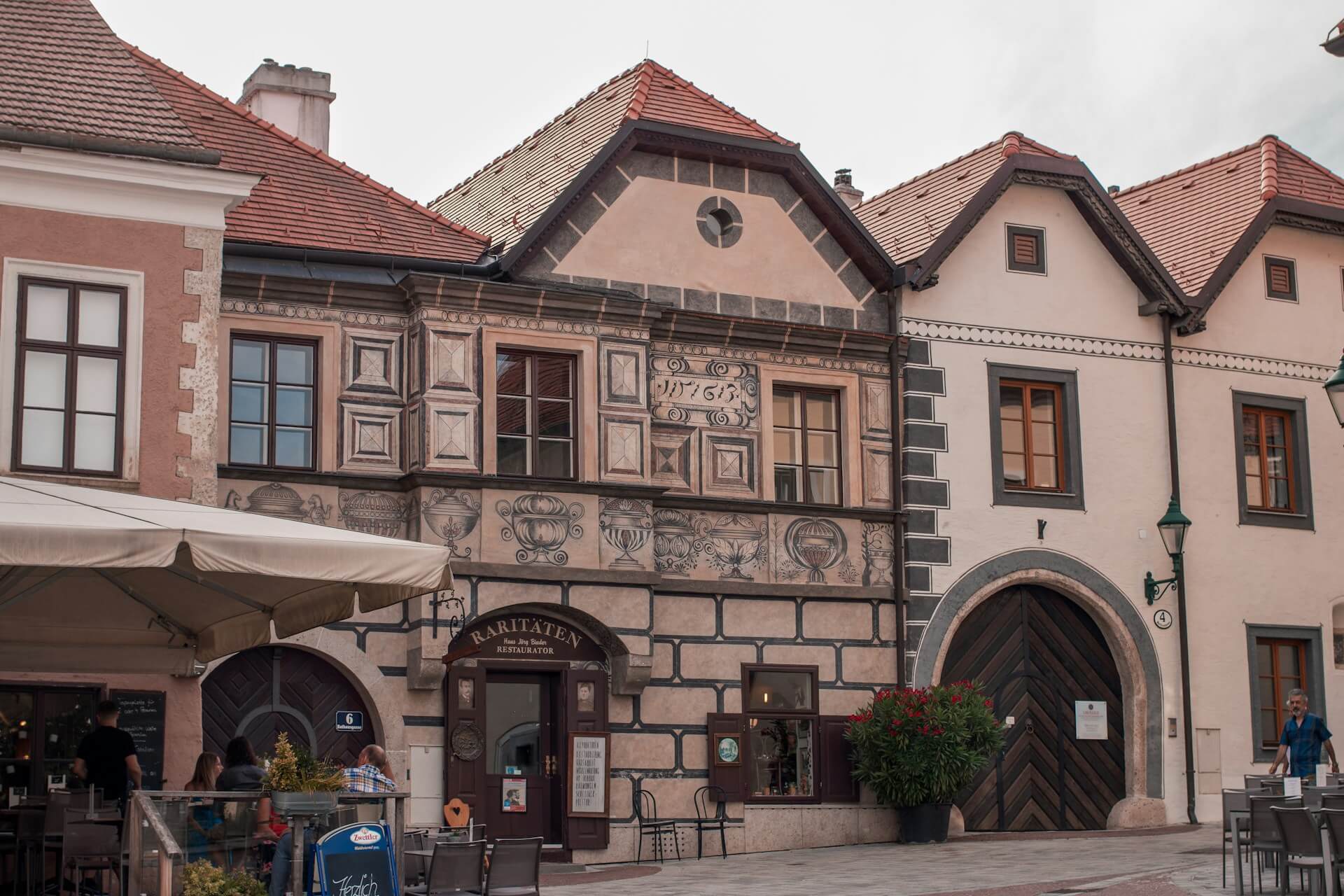
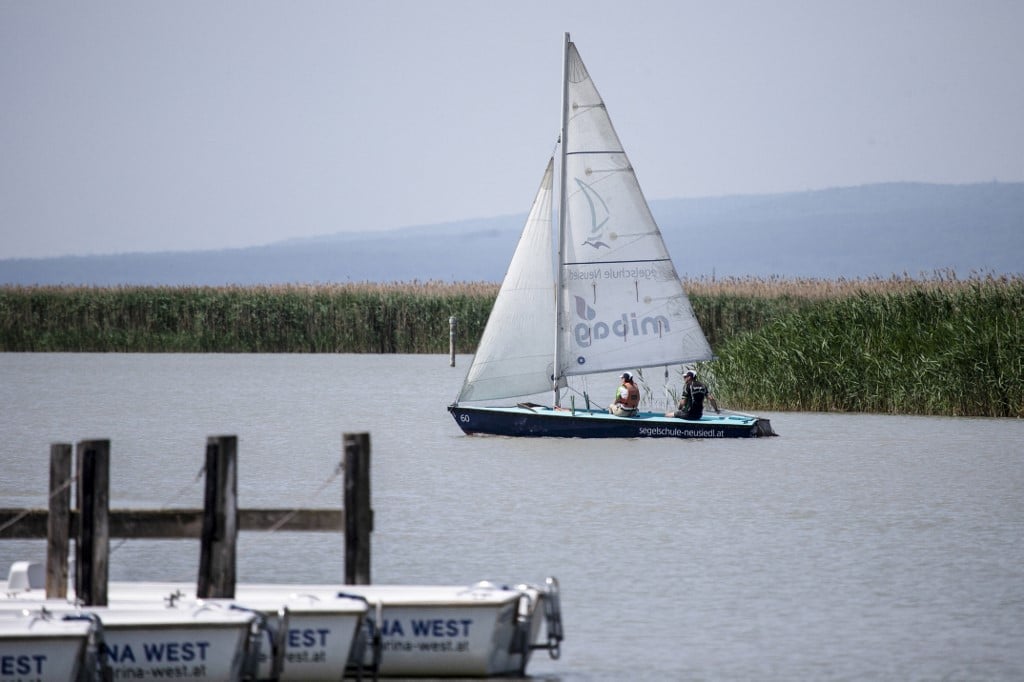
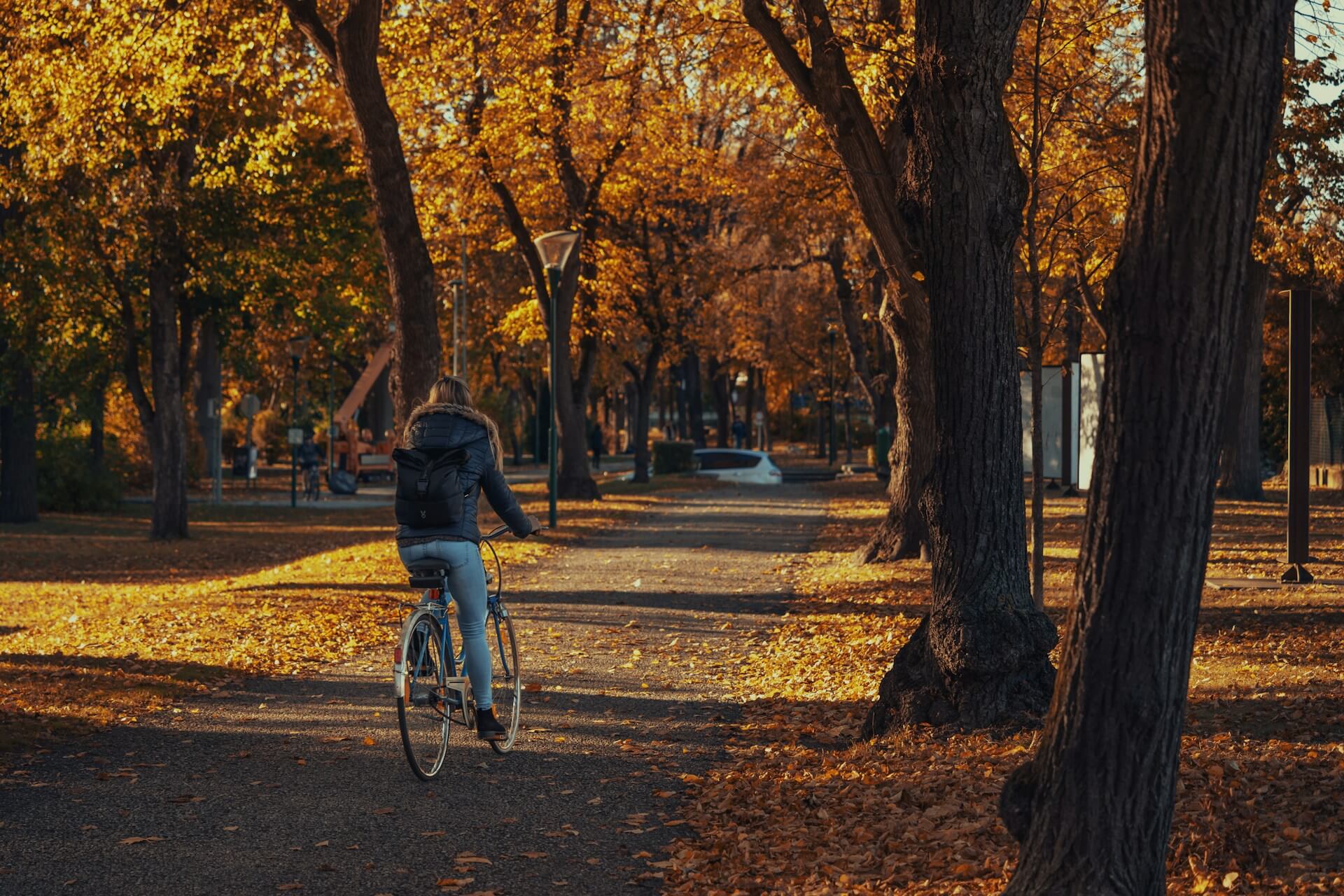

 Please whitelist us to continue reading.
Please whitelist us to continue reading.
Member comments